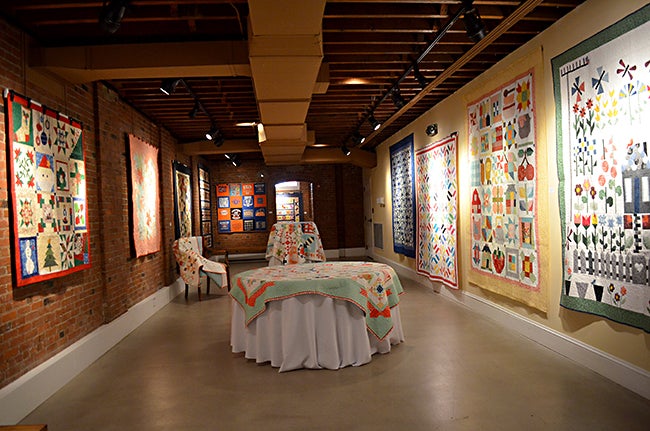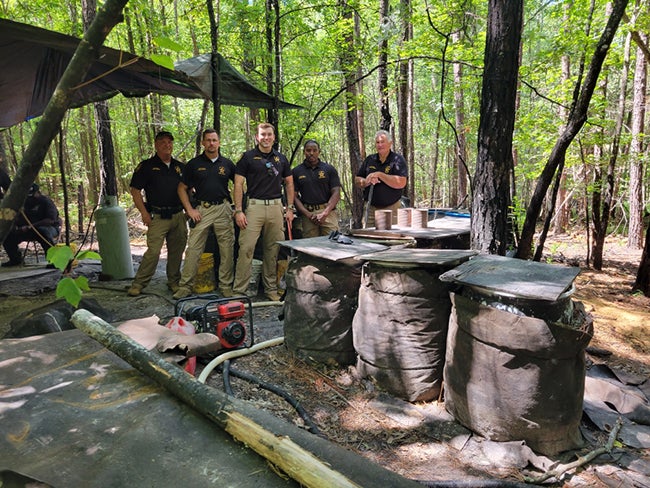No bones about it: He was a great storyteller
Published 3:00 am Saturday, January 27, 2018
My granddaddy was a great storyteller.
I didn’t know that at the time.
We, the grandchildren, would just sigh, roll our eyes and say, УPop’s telling another one of his stories.Ф
If only we had known what a treasure he was sharing with us. But we had more important things to do than listen to stories – trees to climb, fences to walk, fish to catch, creeks to wade, stars to count. If only we had known.
My granddaddy was a big man six-foot four or more and pounds to match. He was tough and gen-tle at the same time and wise and witty.
He was a road commission in Pike County. The equipment assigned to his district was kept in the county house in his backyard. Anybody that had the responsibility for those big trucks and road equipment had to be mighty important. So, when Pop announced he was going way up north to Birmingham to a road commissioners’ meeting, he grew even bigger in statue.
We could hardly wait until he got home that Sunday afternoon. We wanted to hear all about every-thing. We wanted to hear a new story.
Pop told about the long ride up on the bus and all the tall buildings and the grand hotel where he stayed. Then he told the story that kept us on edge until the very end when we rolled on the porch floor in laughter.
Back then elevators had operators who asked, УGoin’ up?Ф or УGoin’ down?Ф
That’s what Pop said. You would tell the operator up or down and which floor. Then, the operator would push a button and you’d go riding up or down.
Now, Pop said, after he got dressed for a big special dinner, he got in the elevator but there was no operator — we figured out later he was in a service elevator. So, he just pushed a button and down he went. The door opened and he got out and the door closed.
There he stood in the boiler room with the boiler roaring and soot swirling all around. It was dark and Pop could hardly see. He just had to feel his way around, going this way and that way trying to find a way out. After a long time, he found a door latch and pulled it. The door opened to a stairwell so he made his way up the steep, dark stairs to the door at the top.
He opened the door and stepped out into the bright light. He stood there, covered in thick, oily black soot from Уtop to bottom.Ф When his eyes adjusted, he looked around to see a dining room full of men and women wearing their Sunday clothes and sitting at fancy tables with flowers in the middle. When the people saw this big tall, broad black and white man, they gasped and began backing away as he made his way through them.
УWhat’d you do, Pop? What’d you do?Ф
УWell, I didn’t sit down and eat,Ф he said and we laughed and laughed.
That’s the story as I remember it but I can’t remember exactly how Pop told the story. I don’t re-member exact words he used or the turns of phrases, the old sayings, the idioms.
I remember the bare bones of the story but I don’t remember the УmeatФ that he hung on those bones.
No bones about it. It’s the meat that gives a story its substance — that is the signature of the teller. All too often we get the bones but later hunger for the meat.
Jaine Treadwell is features editor of The Messenger.





